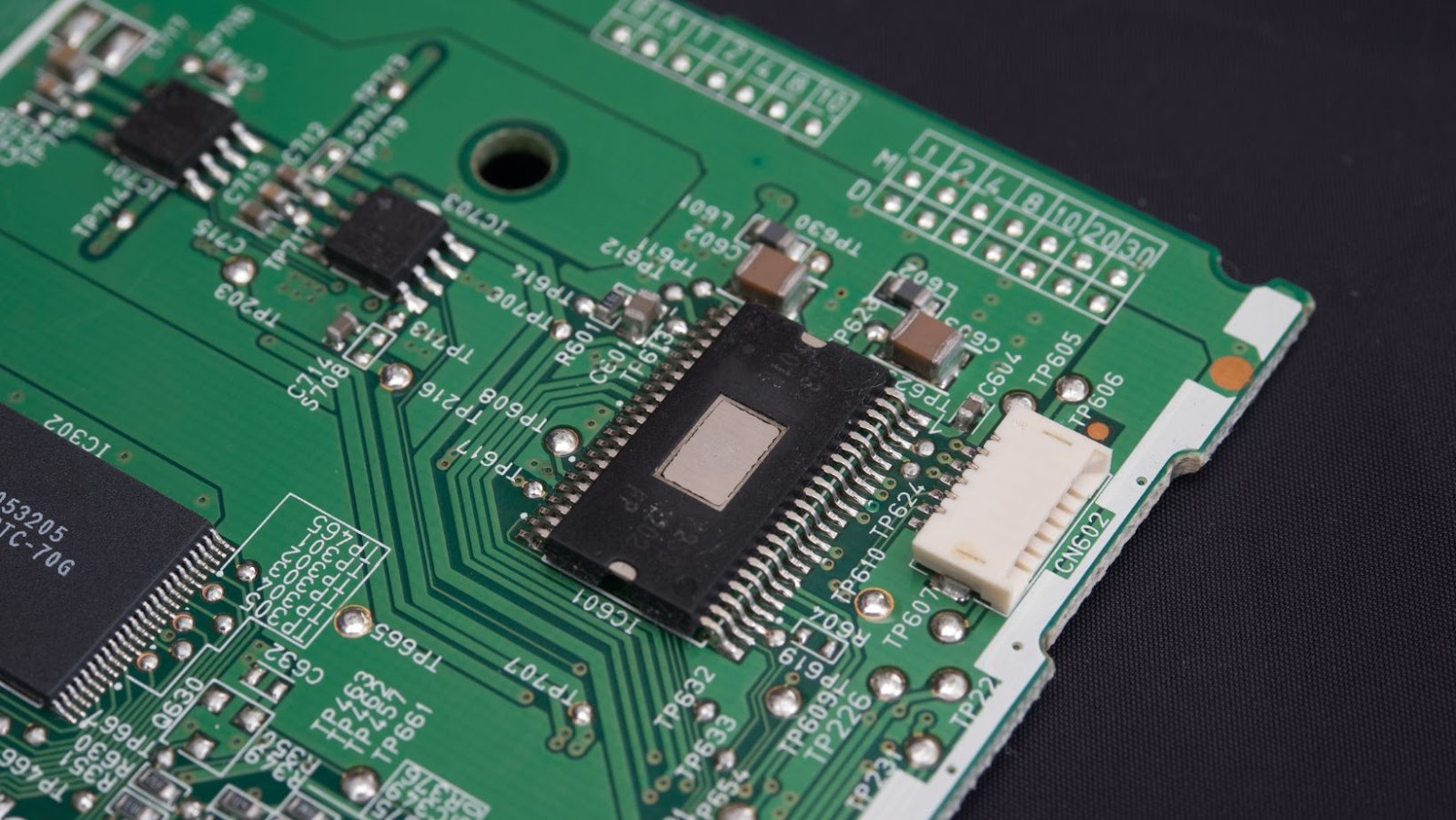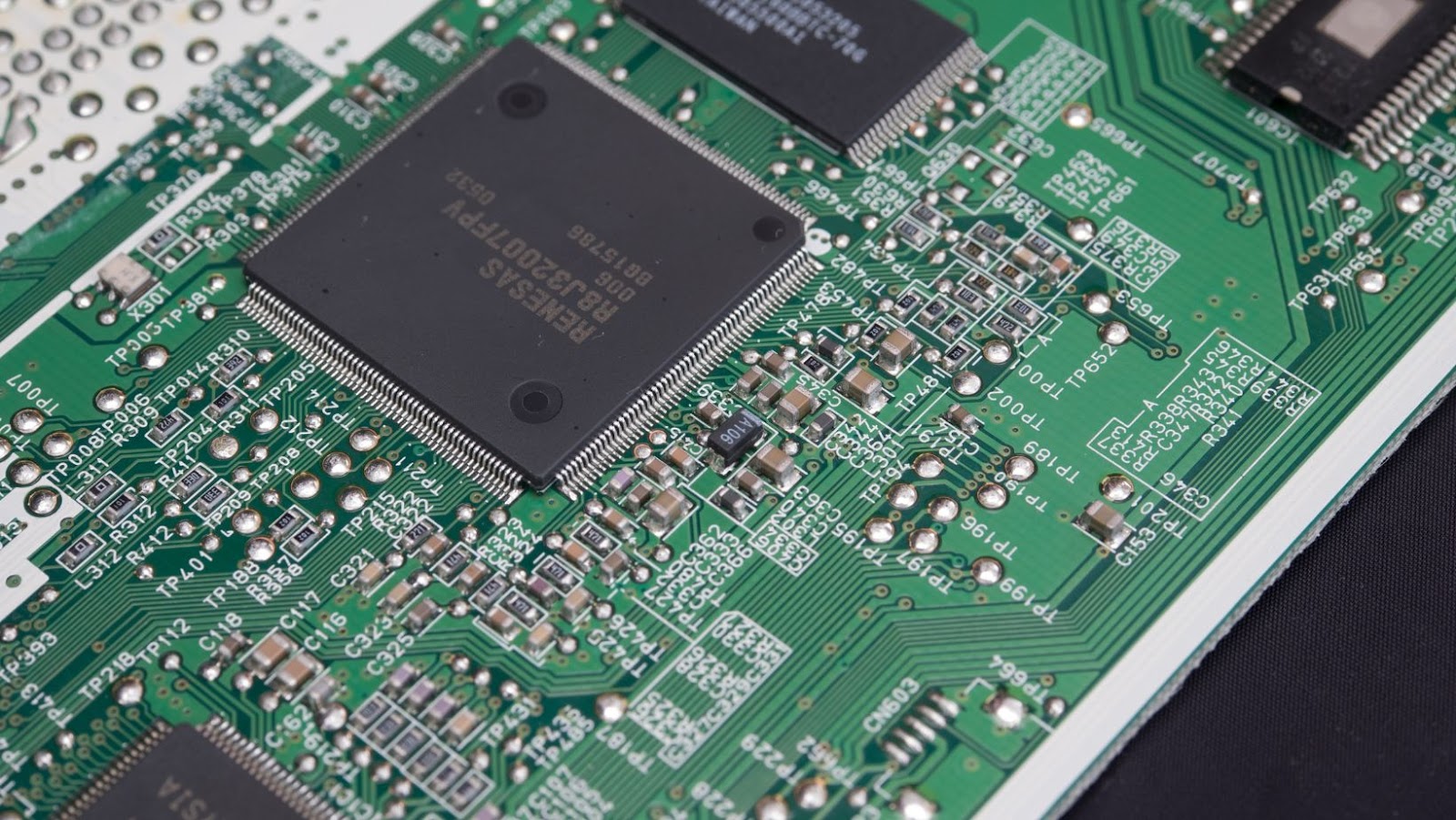Recently, the European Commission, the executive arm of the European Union, announced a detailed investigation into NVIDIA about the way it may have used its dominant position in the market for computer graphics processing units.
This case is important for the tech industry, as it may have a significant impact on how companies like NVIDIA are allowed to operate in the future.
Let’s take a closer look at the NVIDIA case and what it could mean for the tech industry.
EU Commission announces in-depth investigation into NVIDIA case
The European Commission has officially announced its launch of an in-depth investigation into NVIDIA Corporation regarding suspected anti-competitive practices. It is alleged that NVIDIA has used its dominance of the graphics processing unit (GPU) market to unlawfully persist its market power, through exclusionary conduct and price discrimination against customers that use GPUs for data centers. This EU probe could result in very serious penalties for the company, including heavy fines and court-ordered structural remedies, if it is found to be in violation of EU antitrust rules.
This latest action follows a series of antitrust probes conducted by the European Commission into tech giants such as Google and Apple. It raises concern that we may be witnessing an increasingly interventionist stance from Europe’s competition regulator when it comes to digital services and platforms.
It also highlights just how important it is for companies that have a strong position in the tech industry to stay on top of their antitrust compliance obligations. The investigation boils down to one simple fact – companies have to play by the rules or face severe repercussions. If found guilty of violating EU antitrust law, NVIDIA can expect significant fines from the European Commission, not just on top of any structural remedies it may be required to implement but potentially non-compliance fines as well.
The decision by the Commission only intensifies pressure on tech giants and serves as a warning signal for all market players: sound competition law compliance strategies need to be implemented and followed if you want access to large markets like Europe. Depending on how this case turnout, this could mean changes in how large US-based companies approach expansion efforts abroad or could threaten their ability to capture markets across different jurisdictions around world – particularly those with incumbent IT suppliers or strong local competition laws such as Europe’s GDPR regulations and Chinese anti-monopoly law — paying particular attention within each jurisdiction is thus more important than ever before”.
EU Commission’s announcement
On Wednesday, the European Commission announced that it is launching an in-depth investigation into NVIDIA’s alleged abuse of its dominant position in the discrete GPU and related markets. The case has been brought by AMD under European Competition Law and will examine whether NVIDIA adopted exclusionary and unfair practices designed to exclude competition and strengthen their dominant position. This news, along with the recent successful litigation against Qualcomm by Apple, raises questions about how competition law is shaping the tech industry and what implications this may have for future cases.

The commission’s investigation will examine allegations that NVIDIA abused its dominant position in two separate markets of integrated graphics processor units (GPUs) – discrete GPUs used to power laptop and desktop gaming PCs – as well as ‘graphics cards’ used to connect external monitors or TVs to computers or other devices. The commission emphasised that evidence collected so far does not prejudge any outcome. However, it may take several months before a decision is reached.
Although not much more can be said until we hear further developments from the EU Commission, it will be interesting to see if any lessons are learnt from this case for other companies involved in the tech industry going forward – particularly those which are market-leading in their sector. If anti-competitive behaviour can be proved then this could have serious consequences for both NVIDIA and other companies who have brushed too close against competition law rules without being caught out. Will increased caution spur innovation by promoting fair trade among rivals, or lead to firms not taking necessary risks? Time will tell how this investigation fares but it is likely that developments there could shape the way we use technology across Europe well into the future.
Impact of EU Commission Investigation
This week, the EU Commission announced that it is launching an in-depth investigation into the antitrust practices of NVIDIA Corporation. This announcement could have far-reaching implications for the tech industry, as it could set a precedent for how tech companies are regulated in the future.
In this article, we’ll explore the potential impact of this investigation and what it could mean for the future of the tech industry.
Possible implications for the tech industry
The EU Commission’s in-depth investigation into the NVIDIA case highlights the need for tech companies to be aware of and comply with competition law. This could have a huge impact on the future of the tech industry and the way in which it operates, as companies must take proactive steps to ensure that their practices are in line with legal standards.
First and foremost, companies should analyze their contracts and business practices related to distribution and pricing, and make sure they do not contain restrictive provisions or business practices that could be considered anti-competitive. Companies must also continuously monitor market developments that may create, strengthen or weaken antitrust risk, such as activities of competitors, product launches, acquisitions and mergers.
Furthermore, any agreements between companies which aim to restrict economic activity should only take place after careful analysis by legal counsel. This will help prevent allegations of collusion or other anti-competitive behavior from being made against the company involved.
The EU Commission’s investigation into NVIDIA is likely just one part of a broader effort to ensure that anti-competitive behavior is not taking place within the tech industry; other such cases can still arise even if a company is innocent in this particular case. As such it is paramount that all firms in the sector proactively work towards compliance with competition law so as to avoid hefty fines or bans on certain activities in both domestic and international markets.
Potential impact on other tech companies
The European Commission’s announcement of its in-depth investigation into NVIDIA’s business practices and its potential anti-competitive effects on the European market has raised alarm bells for other tech companies. The investigation focuses on whether NVIDIA, who own the Vulkan Operating System (OS) used in many gaming computers, is incorrectly leveraging their market position to push out competitors.

If the investigation finds that NVIDIA is indeed guilty of anti-competitive behavior, it could have serious implications for a range of tech companies. For example, Google or Microsoft may now be more closely scrutinized for attempts to shut down rival offerings or leverage their size to benefit themselves at the expense of smaller competitors.
Additionally, if the EU Commission sanctions are deemed strong enough to deter future similar behaviors, it could incentivize firms to reconsider the advantages and disadvantages associated with holding large market share and ensure they are operating competitor-friendly territorially by investing in open source software models that don’t squeeze out rivals.
It will be interesting to see how other tech firms respond when given both a warning sign and potential blueprint on how they operate going forward. In any case, this investigation marks an important step forward towards ensuring fair competition across all sectors in Europe.
Impact on the Future of the Tech Industry
Following the EU Commission’s announcement of an in-depth investigation into NVIDIA’s activities, the tech industry has been waiting with bated breath to see what the outcome will be. The potential implications for the industry could be wide-reaching, particularly in terms of competition and innovation, as well as antitrust regulations.
In this feature article, we will discuss a few implications that the EU Commission’s investigation could have on the future of the tech industry.
Changes in antitrust regulations
The European Commission’s Competition Commissioner Margrethe Vestager recently announced the initiation of an in-depth investigation into NVIDIA, a leading semiconductor and graphics processing unit (GPU) manufacturer. This is the first major antitrust case involving a tech giant in the region since Google and Intel were found guilty of abusing their respective dominant positions by deliberately squeezing out smaller tech players back in 2017.

The probe is seen as setting a tone for changes to come in terms of antitrust regulations, particularly around restraints of trade or anti-competitive practices. This signals heightened scrutiny on companies whose dominance reaches anti-competitive levels, where smaller market players feel suppressed due to unfair advantages held by larger entities — something which often results in consumers paying more for less choice.
Ruling on the Nvidia investigation will likely have wide-reaching implications for the future of the global tech industry and may lead to further regulation on competition between large industry giants. It will also set important precedence on how authorities deal with companies that are widely seen as acting above their station and could help to ensure more balanced competition across various markets.
Increased scrutiny of tech companies
The European Commission has recently announced an in-depth investigation into a case involving tech giant NVIDIA. This will be the first investigation under the new EU Digital Markets Act legislation that was introduced in December 2020 and is designed to monitor and regulate large technology companies. The Commission is targeting potential anti-competitive practices conducted by NVIDIA, such as imposing restrictions on how its customers make use of its products and services.
The announcement highlights the increased scrutiny of tech companies from regulatory bodies around the world due to concerns about their potential market dominance. While this case has been brought against NVIDIA, the results of this investigation are likely to have wider implications for tech companies across Europe.
If the EU’s conclusions are significant enough, it could lead to more regulation or enforced changes on how these firms operate and do business with consumers. In addition, this could lead to other antitrust investigations against other tech giants such as Apple, Google, Facebook, Amazon and more – affecting their current practices and strategies as they move forward into a digital future.
The results of this specific case may take several months or even years before being determined – highlighting how challenging it can be for governments and regulators to properly address the issues linked with big tech companies. Nevertheless, it sends a clear signal that regulators are determined to address monopolistic behavior among leading technology giants in order to ensure competition across markets in Europe.
Possible shift in the competitive landscape
The European Commission’s (EC) decision to open an in-depth investigation into Nvidia’s acquisition of Arm amid concerns of potential anti-competitive practices could have far-reaching consequences for the tech industry as a whole.
If the EC finds that the deal would lead to a decrease in market competition, it may intervene to preserve existing competition by imposing remedies or rejecting the transaction outright. This could result in a shift in dynamic within the tech industry and how business relationships are structured between companies. It could also lead to a fragmentation of Arm’s product offerings and customer bases, forcing individual buyers and businesses to act differently than they may have done previously with regard to Arm products.
Ultimately, if approved, the deal will further consolidate power within the tech industry, allowing companies like Nvidia to gain more control over standards and technology capabilities. But whatever happens with this particular investigation, it is certain that these types of investigations will become more commonplace as large corporates look for more opportunities toward growth. As such, it is worth paying close attention to such news as it develops over time and considering what this means for an increasingly consolidated tech industry that holds great sway over our future digital world.
tags = EU Commission, in-depth investigation, NVIDIA case, UK company Arm, US chipmaker Nvidia, EU merger regulation, nvidia european commission arm eu oct.whitebloomberg, Qualcomm, Microsoft, Samsung and Apple


More Stories
Cosakavaz: Leading Innovation in Smart Home, Wearables & Sustainable Technology
Yularisfibrilz: The Game-Changing Tool Boosting Productivity by 30%
Oticon Domes: Comfort and Clarity for Your Hearing Aids